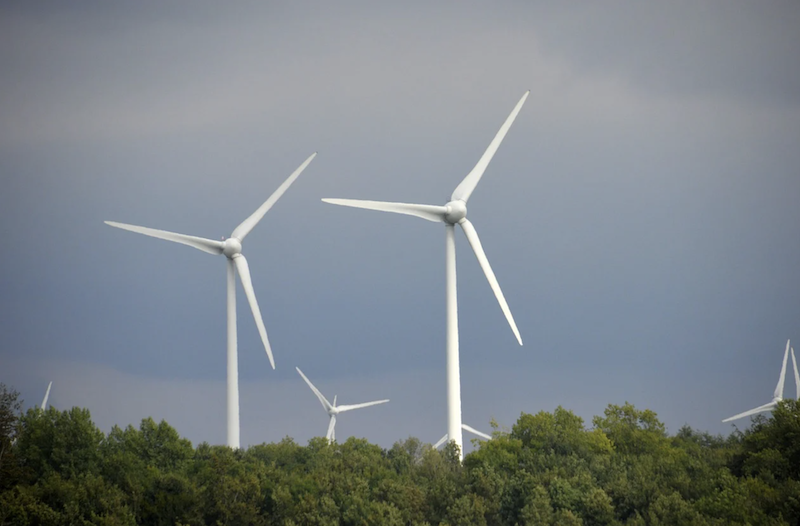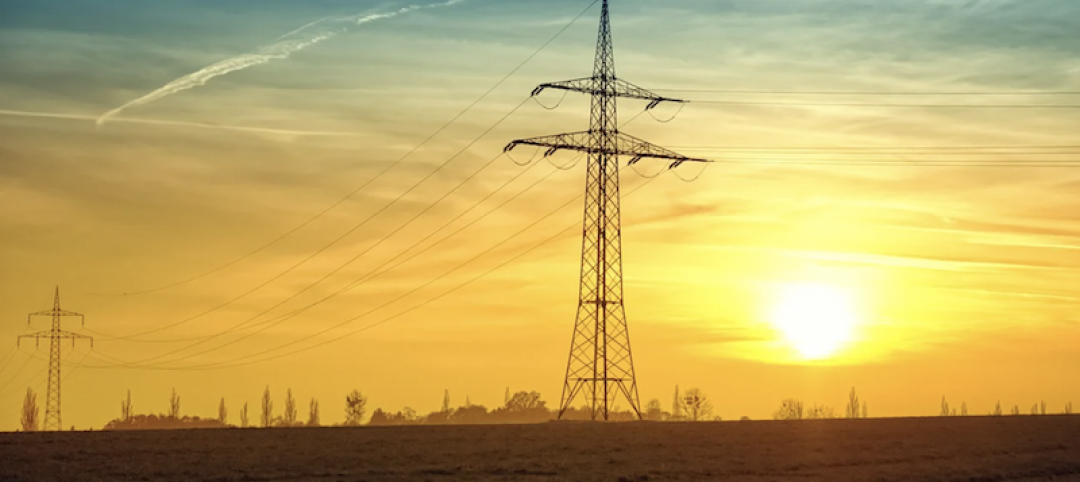The U.S. electric grid is making significant progress to zero-carbon status, according to a report from the Lawrence Berkeley National Laboratory.
Greenhouse-gas emissions from the electricity sector last year were 52% lower in 2020 than the U.S. Energy Information Administration predicted they would be back in 2005, the report says. Power-sector emissions fell 40% from 2005 to 2020, with much of the drop driven by cheap natural gas supplanting coal as the dominant fuel for U.S. power plants.
Further emissions cuts will require greater adoption of clean technologies such as energy storage, and that is achievable with the declining cost of solar and wind power generation, and battery storage, the report says. Low-carbon resources could reliably meet as much as 70%–90% of power supply needs at low incremental cost.
Other sectors, including the built environment, have made less progress in cutting emissions. Residential building emissions declined 29% from 2005 to 2020. Commercial building emissions dipped 32% during the same period.
Grid-interactive efficient buildings could help to make the grid more efficient by reducing the need for new supply and delivery infrastructure and providing another form of demand flexibility.
Related Stories
Codes and Standards | May 26, 2020
Is CLT really a green solution?
Sustainability depends upon forest stewardship, product manufacturing process.
Codes and Standards | May 20, 2020
St. Louis is first Midwest city to pass building energy performance standard
Allows owners broad flexibility on how to achieve goals.
Codes and Standards | May 20, 2020
Supreme Court says Georgia cannot copyright its entire official code
Ruling may have implications for other states claiming copyright for building codes.
Codes and Standards | May 18, 2020
Strategies to reduce personal contact in multifamily properties
Design can improve health amid COVID-19 pandemic.
Codes and Standards | May 18, 2020
Canada Green Building Council says building industry lacks zero-carbon skills, knowledge
Net-zero target requires shift in thinking and practices.
Codes and Standards | May 18, 2020
California’s grid can support all-electric buildings
Load-shifting will help reduce peak demand.
Codes and Standards | May 15, 2020
European cities to revamp transportation after pandemic reopening
Road closures, new rules for public transit will be imposed.
Codes and Standards | May 14, 2020
Washington State construction industry restart plan has three phases
In state with earliest COVID-19 cases, advisory group developing priorities based on risk.
Codes and Standards | May 14, 2020
More mass timber beam and column options available in the U.S.
Freres Lumber unveils new line of structural elements suitable for high-rise buildings.
Codes and Standards | May 13, 2020
Researchers flag insufficient training for construction workers on healthcare projects
May contribute to fungal disease outbreaks that endanger patients

















